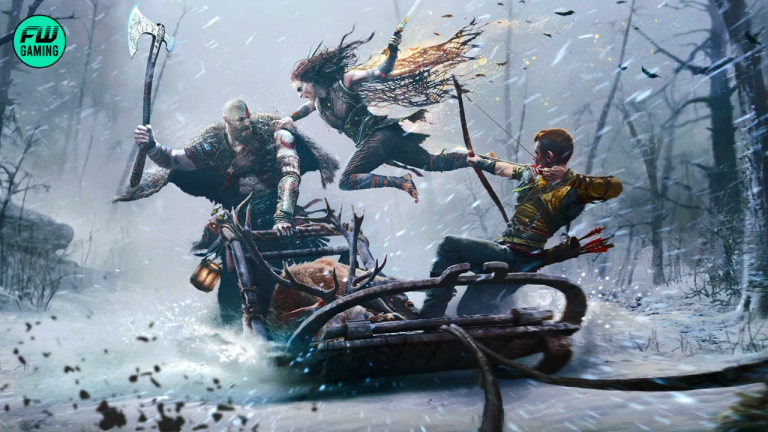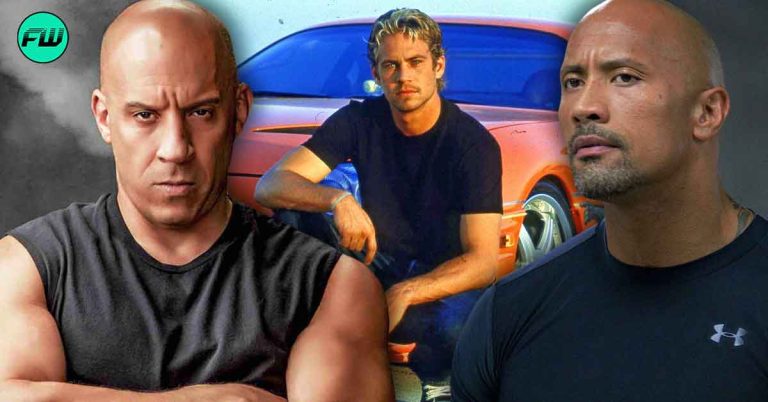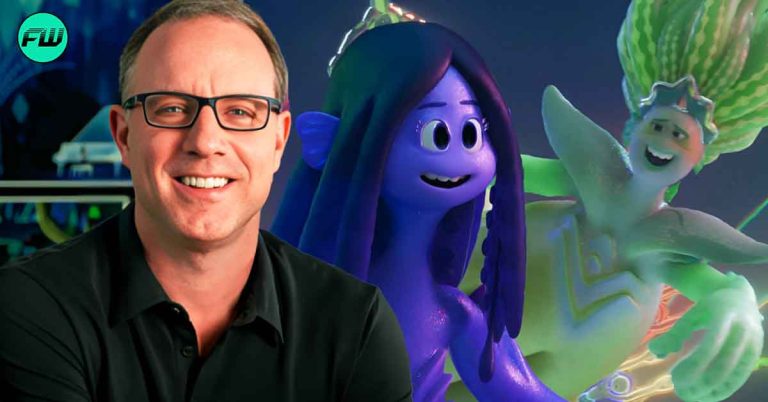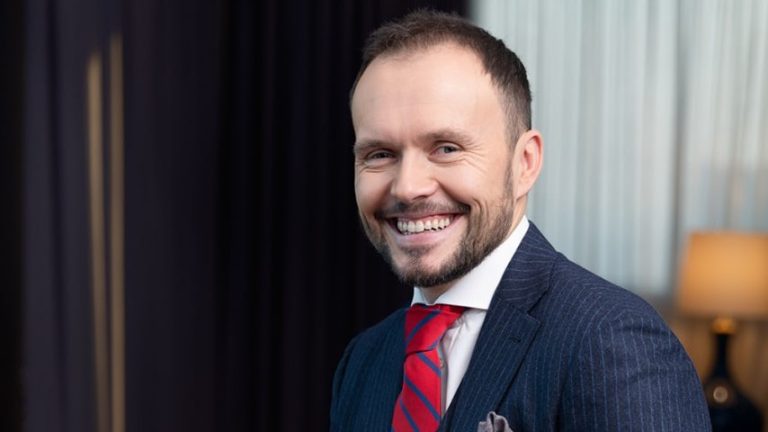Bartosz Skwarczek is the CEO of G2A.com, an online marketplace with offices in Poland, Holland, and Hong Kong. The platform specializes in facilitating E-commerce of all digital products; gaming, subscriptions, gift cards, and more. We got to spend around an hour with Bartosz, and during that time we got to discuss a multitude of topics related to the business world and digital media. Below is the written transcription of the interview that we conducted with him.
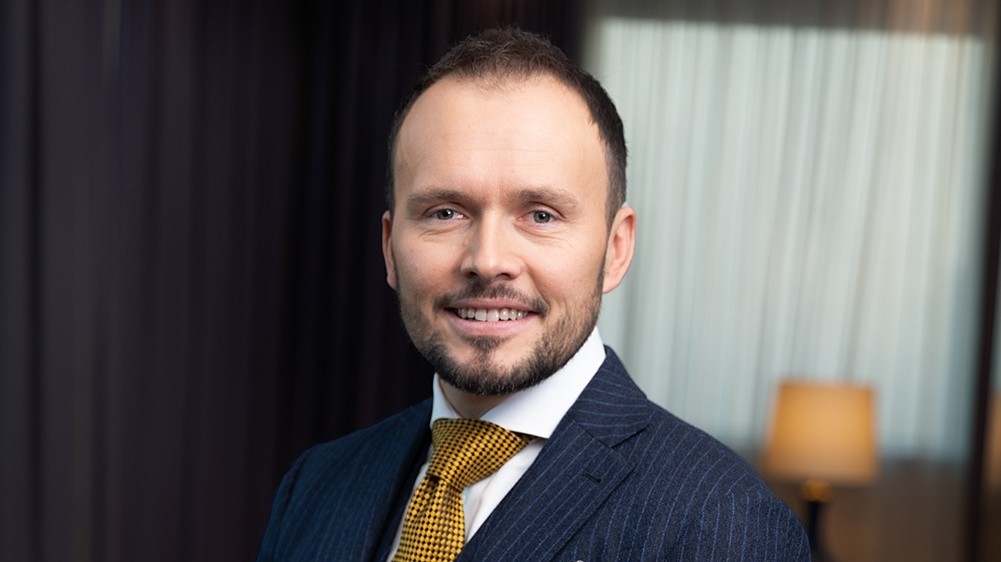
FandomWire: How did G2A start? What made you want to pursue a career within the gaming industry?
Bartosz Skwarczek: Back in 2009, I received an email from an 18-year-old kid who I knew through a mutual friend. He is now my business partner by the way. The email read; “Hi Bartosz, can you please be my business mentor?” I ignored it, but he emailed again the next day and then again the following day asking the same thing. Right from the start, I liked his perseverance. After his third follow up email, I decided to work with him for six months, giving him advice on getting started in the business world etc. Then, he decides to ask me if we can start a company together. I ask him what sort of company and he replies; a gaming business. My initial reaction was to ask; why gaming? I thought that gaming was for kids! Then, I looked into it properly and realised, “actually, it sounds like it could be a good business to get into. So that was the humble beginnings of G2A. We had four employees from a European background running an online platform to allow users to buy and sell games.
Our first major breakthrough came when we became the biggest seller of World of Warcraft in Poland. After that, I travelled around the world for every trade show, from E3, to TGS, to Gamescom, to try and spread the word about G2A. What I learned at that point was that the gaming industry is very hermetic. Nobody wanted to give an official agreement to work with us, despite the fact that G2A site traffic was increasing significantly. Though, the majority of that traffic was coming from Poland, and on a global scale, Poland isn’t of much interest. This is the main reason why nobody wanted to converse with us at the trade shows.
It was then that I realised that this model wasn’t going to work in the long term at the small scale that we were operating at, so we had to somehow grow. At the end of the day, anyone can buy and sell games online, but we had to find out what it takes to grow into the biggest platform in the market? We knew that we were onto something with the fact that we were already one of the most prominent platforms that allowed for external sellers and buyers. This meant that we had the advantage of our clients already being gamers, so I began asking people in the industry how we can grow further and I was told it can’t be done, it’s too hard so don’t even bother trying it.
I had to ignore that and focus on what I already knew, such as the most important factors of growing a business; price, payments, security, infrastructure, and a client base. We made a lot of mistakes and we learned from them in order to improve. We pushed for improvement constantly, working 24/7 at some points. Eventually, we were able to extend our reach from only operating in Poland to become a global company. Today we have 25 million customers, and in the last year alone, the site had 300 million visits.
FandomWire: With regards to what you said about your initial thoughts towards video games that you mentioned, I wonder if you are a gamer yourself or is it seen as more of a business to you? If you are a gaming fan, what are some of your all time favourite titles?
Bartosz Skwarczek: I do have a few games that I consider to be all-time favorites. Titles like the first Doom, Mortal Kombat and Colin McRae Rally, back when I was at university, we would have competitions and tournaments based on these games. Although I wouldn’t call myself a hardcore gamer, there was one Christmas where I made myself a present. I bought one of those race car simulation chairs and wired it all up to my console in order to create my own driving simulator. For the next week, I played Gran Turismo and Colin McRae for six hours daily.
You mentioned that G2A began back in 2009. Obviously in that era, gaming was very much a physical-based media, with games being sold in discs, coming in boxes. With G2A primarily dealing with digital codes, did the industry shift towards more digital content affect you? What other massive changes like this have you seen over the years working in the industry?
I have seen many, many changes. 2009 was only the year that I received that first email, 2010 was the year that we officially started G2A. In those days, the idea of a gamer was perceived differently. It was more stereotypical, as if they are all geeky introverts. Nothing like today where our industry attracts cosplayers and extravagant people from all backgrounds. This growth from gaming being seen as niche, to people from all backgrounds now making up the gaming audience. This has opened gaming up to newcomers, people who wouldn’t bother before are now suddenly interested.
Regarding the biggest change that the shift to digital has brought; games previously were developed and released and the studio moved on. Nowadays, games have more of an extended lifespan, with the initial release of the game only being the very start. After that comes microtransactions, DLC missions, patches, and season passes etc. This means that the games from the same studio aren’t only being released once every 3-4 years but once per year, or in some cases, once per quarter. This shift from a single stage experience, to one comprising multiple stages has changed everything for us. The other major change that the digital shift brought, is how it allowed for free to play experiences and mobile gaming to become much more prominent. This has meant there has been a huge increase in the overall gaming audience. Now anyone who owns a phone is essentially a gamer. The rise of AI is only going to cause this to grow further.
Bartosz Skwarczek gives his thoughts on AI:
FandomWire: As you say, AI is undoubtedly going to be the next big to change the gaming industry; how is G2A anticipating this coming shift?
Bartosz Skwarczek: AI is going to change the way that content is created by the individual, Chat GPT is already providing support to creative people. However, companies have also started to use it, and I predict that very soon, it will be very hard to differentiate whether you are talking to a real person within a company, or an AI system.
Another huge change is coming with regard to sharable digital assets via Web3. We are already seeing several digital assets being used in a way that they never have before through tools like the Unreal Editor for Fortnite. This will speed up game development in terms of the number of titles being released, although it does raise the question of asset diversity within those games.
The other thing to bear in mind is that artificial intelligence goes way beyond gaming. An all digital future is coming and so G2A will likely need to grow again from just being a gaming company, expanding to become a digital company covering more areas. We spent a lot of years figuring out how to function within the gaming sphere and now we will have to learn how to operate within wider spaces.
With the recent rise of things like cryptocurrency, blockchain etc, we have already had to make some adjustments in recent years. One of our primary objectives is to avoid alienating anyone within our audience if they are not quite up to date on the latest trends. Although you and I are aware of AI being on the horizon and what a blockchain is, not every person is. Regular people can easily get lost and turned off due to the complicated nature of it all and that is what we want to prevent.

FandomWire: Speaking of the wider industry, I’m curious about your opinion on the recent decision made by the CMA to block Microsoft’s acquisition of Activision Blizzard in the UK. Brad Smith of Microsoft even claimed that it showed that the UK is a bad place to conduct business. Will this block affect G2A at all?
Bartosz Skwarczek: Honestly, I am not sure if I’m a good person to ask regarding the ins and outs of the CMA’s decision. We have been co-operating with Microsoft for years and certainly respect their opinion. From my perspective though, you can’t call anywhere in the world an inherently bad place to conduct business. The UK is as good a place to start as anywhere else. Everywhere has different regulations that must be considered, but as long as your company can adapt, then anywhere can be considered fertile ground.
When we started G2A, before we expanded out of Poland, we had to make it work despite the fact that the gaming industry in Poland at that time was essentially non-existent. This was way before CD Projekt Red became as well-known as they are today. We began with no experience within the space, no office, and no industry contacts, but we still made it work.
In terms of making the decision to start a business in the UK or not, it is frankly much easier to launch a business from the UK than it is from Eastern Europe. It is all about how well you can adapt as an entrepreneur. Nowhere is any better or worse than anywhere else. Every country must take its own chances and every country has its own limitations and opportunities, it is up to the entrepreneurs to navigate them.
How did the COVID-19 pandemic affect Bartosz Skwarczek and his company?
FandomWire: In 2021, you wrote a piece in Forbes on how the pandemic was beneficial to gaming. Do you still agree with that sentiment two years later?
Bartosz Skwarczek: Obviously, I wish that the pandemic never happened, as do we all. It affected different industries in different experiences, with places like bars and theatres suffering greatly. We were somewhat fortunate in the fact that our industry was already targeting people in their homes. The gaming industry can provide a sense of escapism, we had to hope that people would be seeking that escapism to help them through those dark times.
The COVID pandemic required that people used the internet more than ever. Many people upgraded their WiFi connections during this time and as such, E-commerce is much more prominent than it ever was prior to COVID.
FandomWire: In a post-pandemic economy, what advice would you offer to someone starting out in the industry?
Bartosz Skwarczek: First and foremost, I’d say that you should never be discouraged by the big players within the space. None of those bigger players helped us when we were starting out and we ultimately found that we didn’t need them. If you really want to make it as an entrepreneur and start your business, you have to bet on yourself and ensure that you are constantly moving forwards no matter what else happens.
Steve Jobs once said something that rings true; you really need to truly love what you do in order to succeed in it. You need to enjoy the challenge of trying to swim upstream. There are so many decisions to be made along this journey and job security is never a guarantee. Without that passion, you will inevitably burn out. Also, don’t expect an overnight success, it took us twelve years to build G2A to what it is currently.
Try not to let financial limitations stop your growth. Finding investors to provide venture capital is not everything, G2A was completely self funded in the early days. The culture of G2A is built on good values such as trust, and honest feedback. When you decide to work with a venture capitalist, the type of workplace culture that you want to cultivate may not resonate with them.
There are so many examples of companies built to be sold, though this is something that I have always been against. I do not ever want to sell G2A, despite the multiple offers I have received, I’d rather continue to build it. I want G2A to continue for another 100 years, long after I am gone. Every quarter, we try to bring someone new with skills in order to continue expanding the team’s overall skillset. These people will be the future of the company.
It is so important to build that sense of trust among your team that I mentioned earlier. This trustful environment allows me to ask my team what I’m doing wrong and receive an honest answer. If there is an issue, I would hate to think that my team feels as though they cannot tell me about it. Finally, I’d say to trust your gut, you should never be discouraged to go against the grain if you feel that you are doing the right thing.
Bartosz Skwarczek tells us who inspires him:
FandomWire: Who do you consider to be your inspirations within the business world?
Bartosz Skwarczek: Henry McGovern was actually a mentor of mine when I was starting out and I have always admired him and valued his advice. Tony Robbins and Nelson Mandela have also been pretty influential to me. The thing is though, one must decide what to take from certain inspiration, while discarding the rest. For example Steve Jobs’ ability to bring a concept to life, all the way from beginning to end is hugely inspirational, although his management style left a lot to be desired.
I have many colleagues and people I respect. Though, being a CEO is a very lonely job, as you often find that you have nobody else to talk to. The closest thing that you have to a colleague on the same level is a CEO at another company. Which just emphasises the point that I was making earlier; a successful business is so much more than any single person, you have to do it together. It is all about choosing the right people to surround you to help you thrive.
FandomWire: Looking back at your career, do you have any specific moments that you are particularly proud of?
Bartosz Skwarczek: Creating G2A is an obvious one, but still an important one. Going all digital is another thing I am proud of. I am proud of the workplace culture that we have been able to foster. The moment that we found out that we were the largest digital marketplace in Europe was pretty huge. Building our team of loyal G2Aliens is also something that I am incredibly proud of.
FandomWire: Lastly, as I know you are a huge tennis fan, I wondered who you consider to be the tennis player of all time?
Bartosz Skwarczek: You are asking me who is the GOAT? Five years ago, I would have said Roger Federer without a shadow of a doubt. Although today, I think I may have to give it to Nadal. Over the last 10 years, Rafa had to go through so many challenges; even this year he has suffered several injuries. Although, he never gives up and instead comes back better and stronger than the last time. He also has a humble energy to him that I admire, he never refers to himself as being one of the greatest players in history, although he obviously is. His journey and his mentality actually reminds me of G2A’s outlook. He never rests on his laurels, instead always looking at some area to improve, which is exactly what we do at G2A.
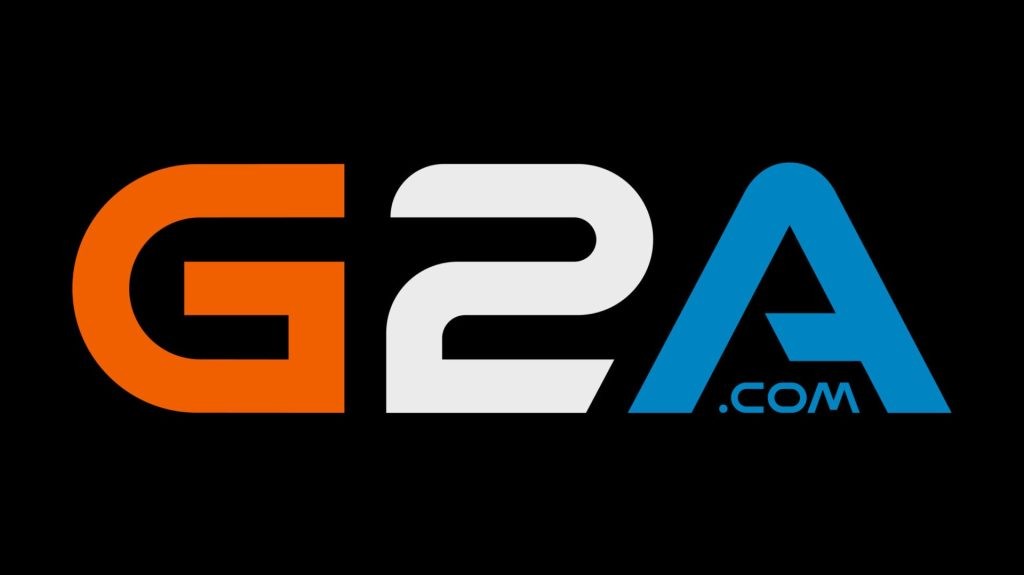
Bartosz Skwarczek was a riveting person to chat to. He was full of interesting advice and anecdotes, and came across as a very humble man considering his impressive achievements. Hearing him reflect on how the company has grown was particularly fascinating, and listening to his predictions for the future of the digital industry was really insightful.
Thanks again to Bartosz Skwarczek for taking the time to chat to us, to G2A for inviting us to their event in Madrid, and to Ranieri International Creative Communications for arranging this interview. A special shout-out goes to Darryl King of Ranieri, who was an utterly brilliant host to us during our entire Madrid trip.
Be sure to stay tuned to FandomWire for more upcoming content just like this and follow us for even more entertainment coverage on Facebook, Twitter, Instagram, and YouTube.

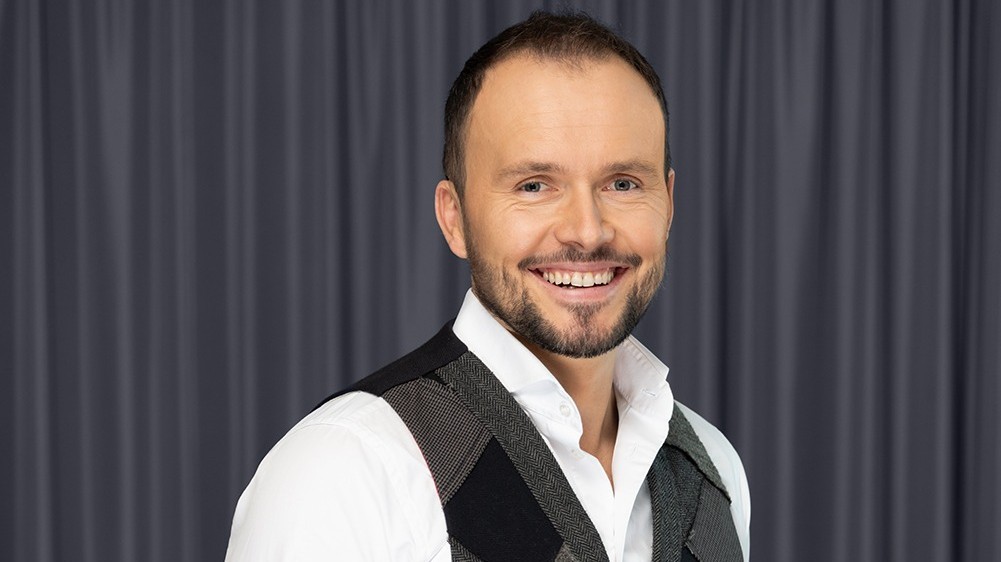
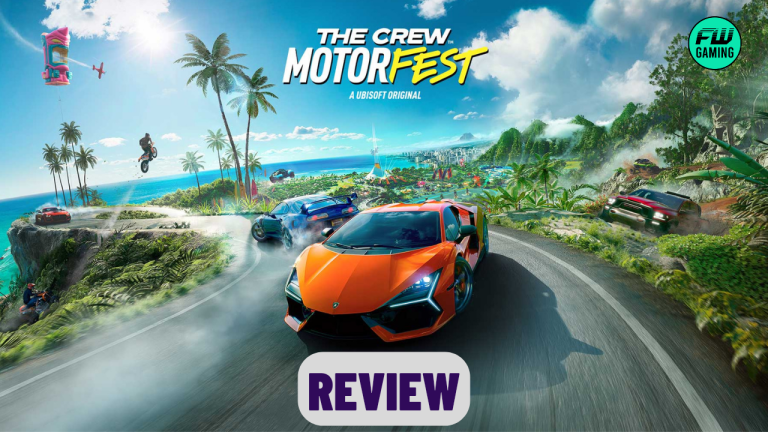
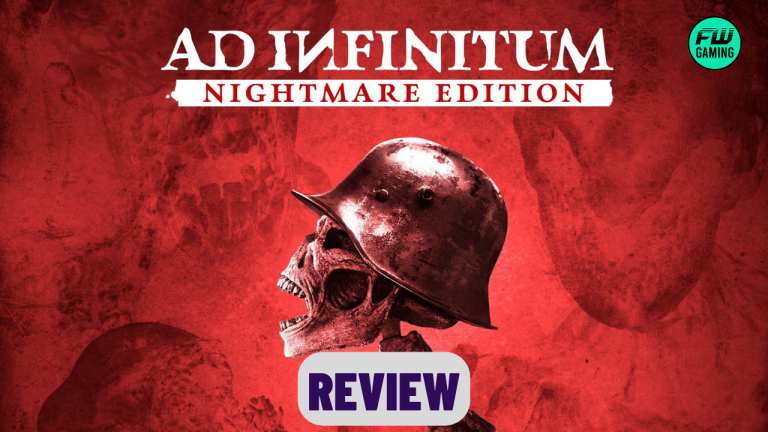
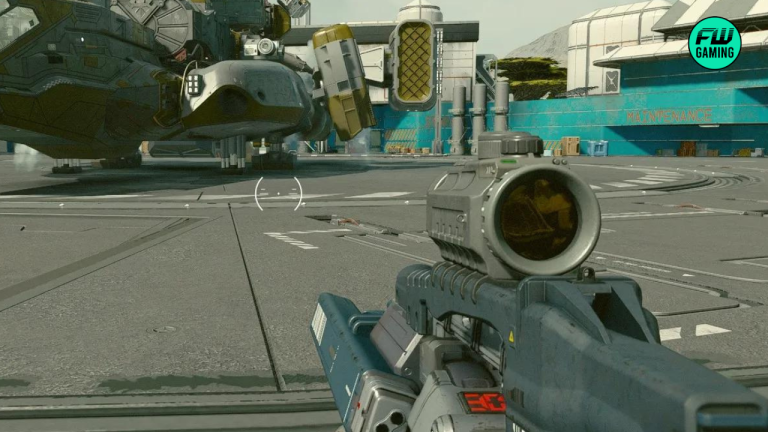

![Lies of P's Game Director Jiwon Choi Discusses the Game, Disney and the Darker Sides of Pinocchio [EXCLUSIVE]](https://fwmedia.fandomwire.com/wp-content/uploads/2023/09/16134750/lies-1-768x432.png)
